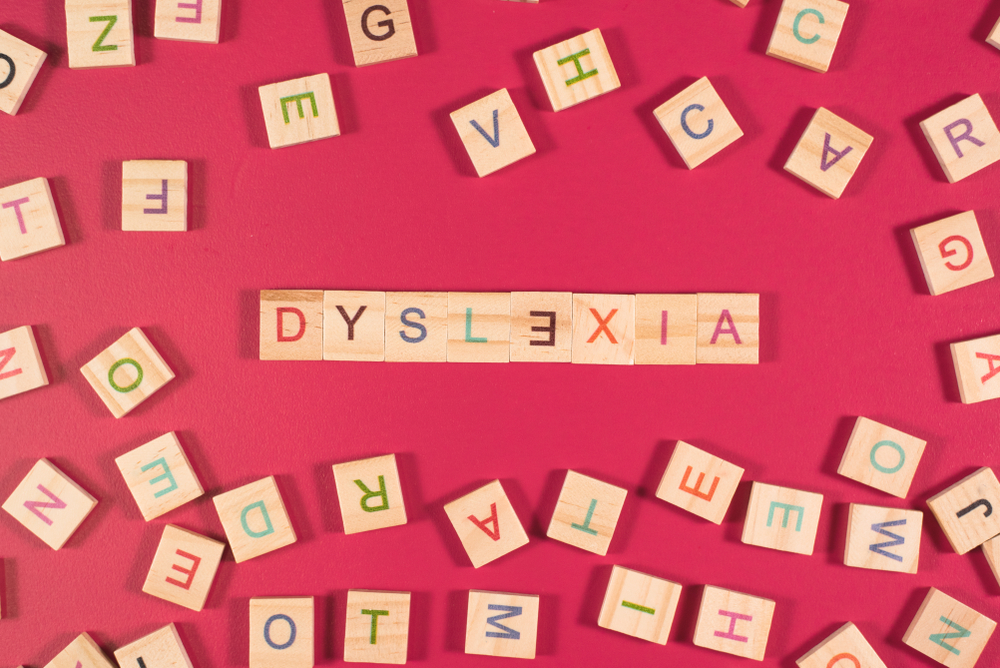Sentence completion Writing Worksheets for Ages 4-7
5 filtered results
-
From - To
Unlock your child's potential with our Sentence Completion Writing Worksheets designed for ages 4-7. These engaging exercises help kids develop essential writing skills, spark creativity, and improve reading comprehension. By completing sentences with their own words, children expand their vocabulary and learn sentence structure in a fun and interactive way. Perfect for early writers, our worksheets feature vibrant illustrations and diverse themes to keep young learners excited and motivated. Boost your child's confidence in writing and set a strong foundation for future literacy success today with Kids Academy's innovative sentence completion tools.
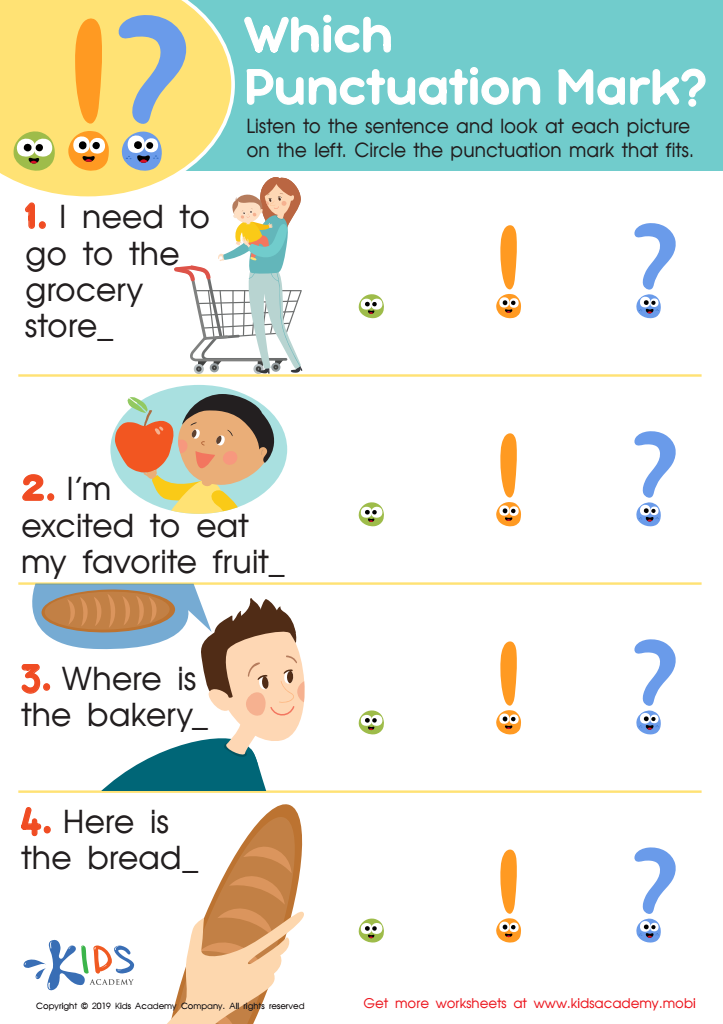

Which Punctuation Mark Worksheet
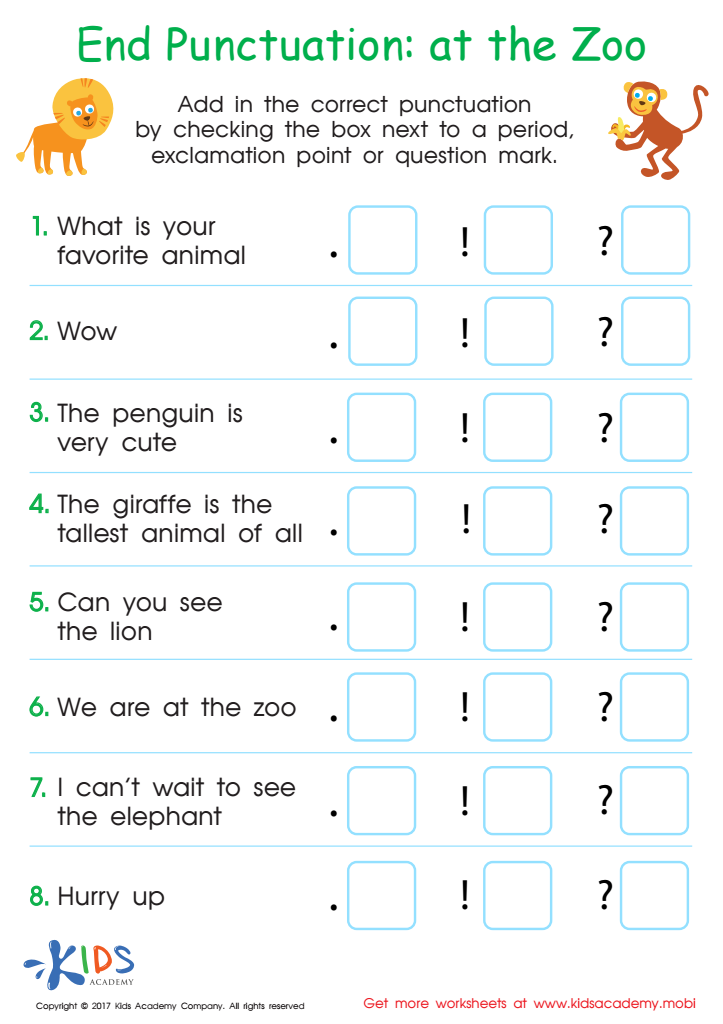

End Punctuation: At the Zoo Worksheet
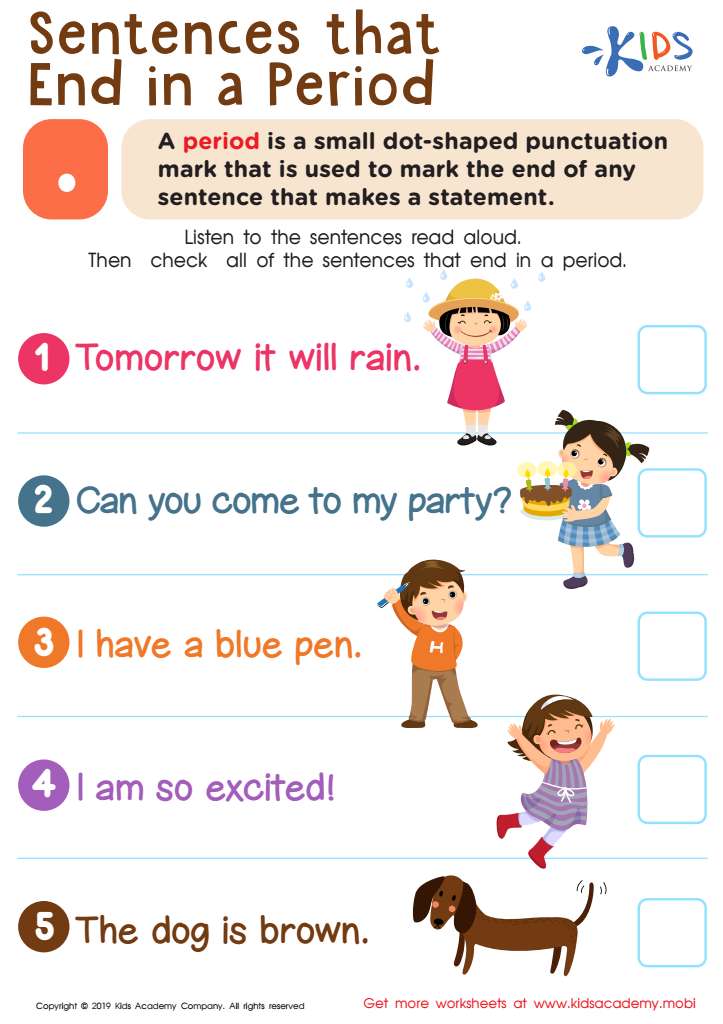

Sentences That End in a Period Worksheet
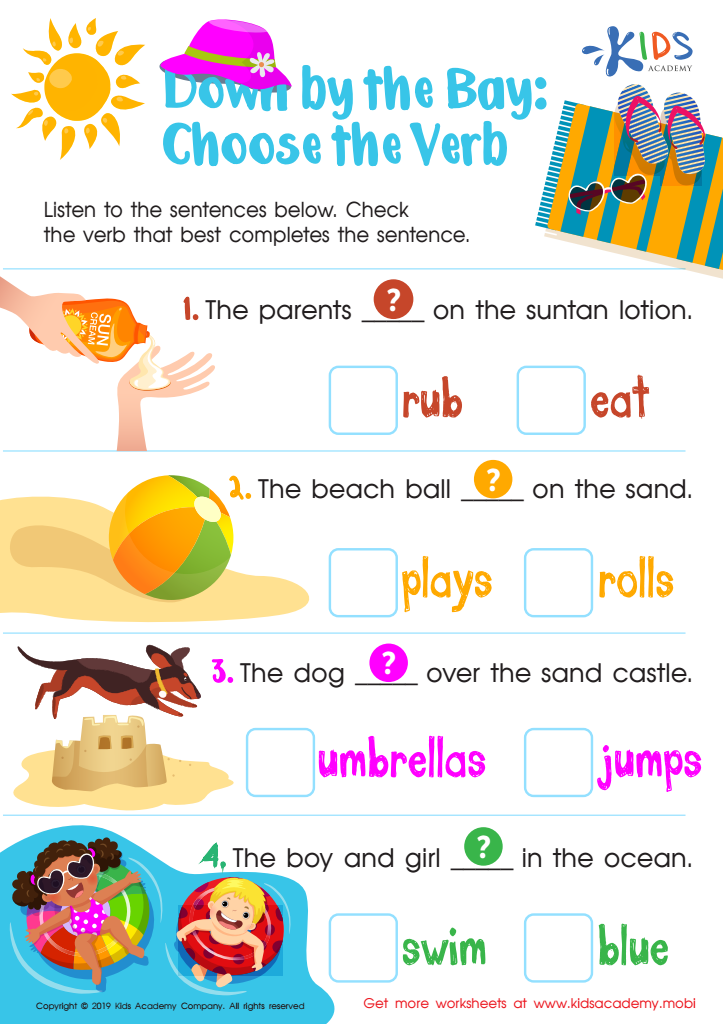

Down by the Bay: Choose the Verb Worksheet
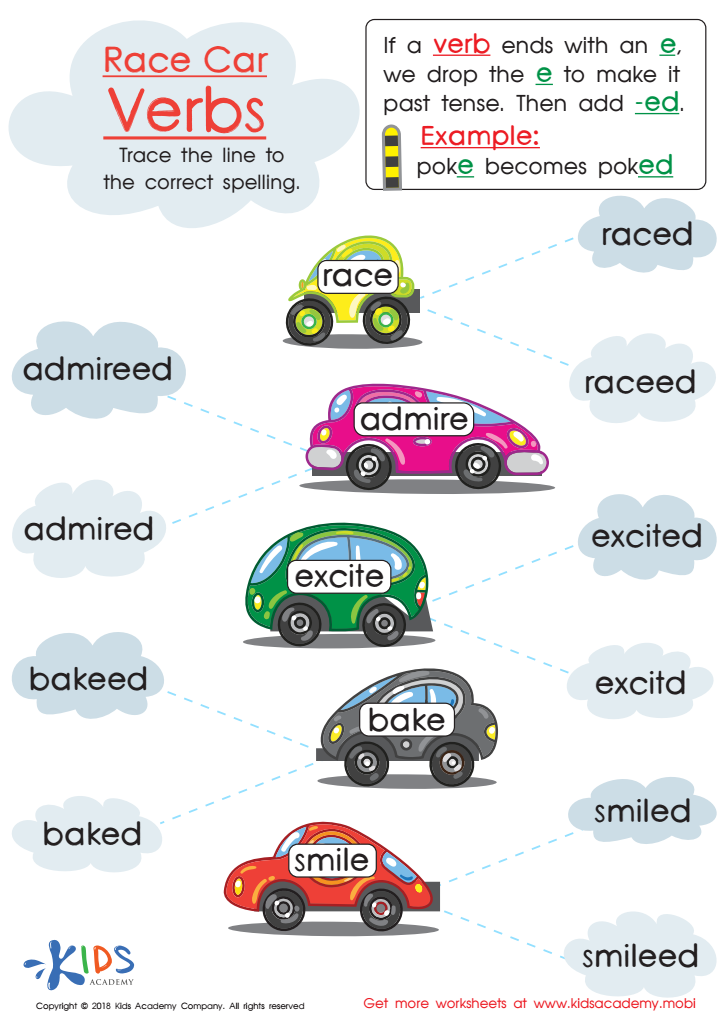

Race Car Verbs Worksheet
Sentence completion writing is crucial for children aged 4-7 as it significantly contributes to their language development, cognitive skills, and overall academic growth. At this formative stage, children are learning to express their thoughts, understand language structure, and develop vocabulary. Sentence completion exercises engage them in actively thinking about word choices and the logical flow of ideas.
For teachers and parents, prioritizing these exercises helps children grasp grammar and sentence structure intuitively. This strengthens their ability to form coherent sentences, making them more effective communicators. By completing sentences, children also practice using context clues and enhance their comprehension skills. These early literacy skills are foundational for reading proficiency and academic success in later years.
Moreover, sentence completion tasks can be tailored to tap into children’s creativity, making learning enjoyable. They often encourage children to use their imagination, which is essential for cognitive development. Also, this practice supports critical thinking and problem-solving skills by prompting children to decide the most appropriate words to complete a thought.
On a social-emotional level, successfully completing sentences boosts self-confidence as children see tangible results of their efforts. Therefore, teachers and parents should integrate sentence completion activities into daily routines to lay a robust foundation for lifelong learning and communication skills.
 Assign to My Students
Assign to My Students




